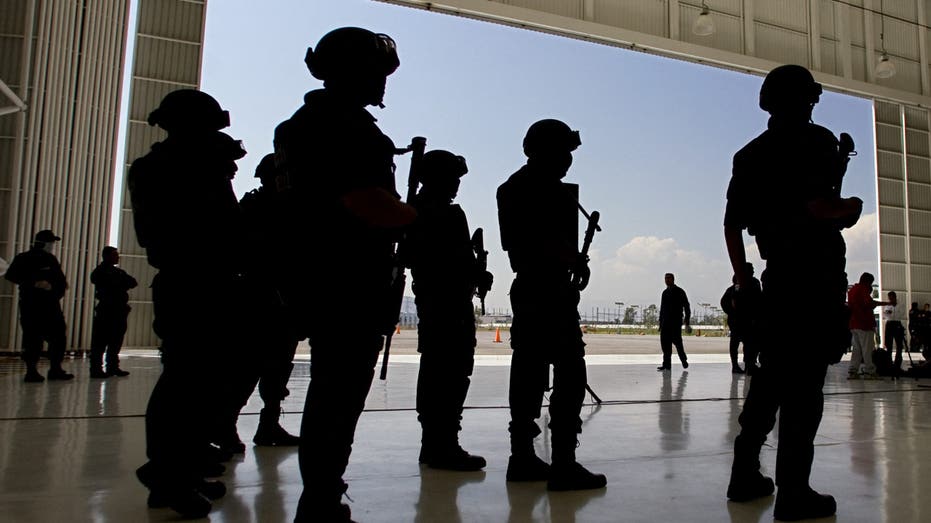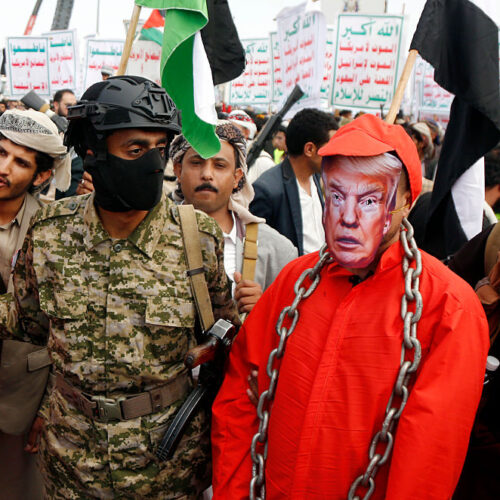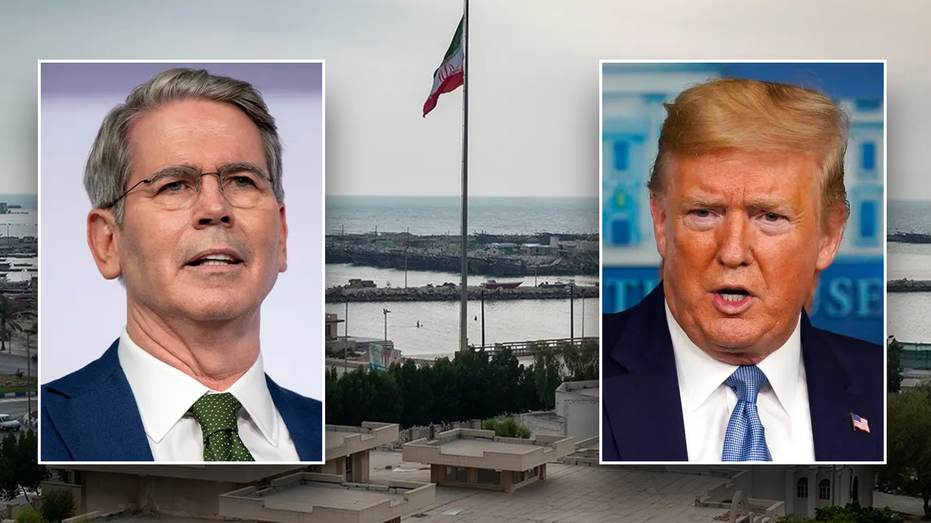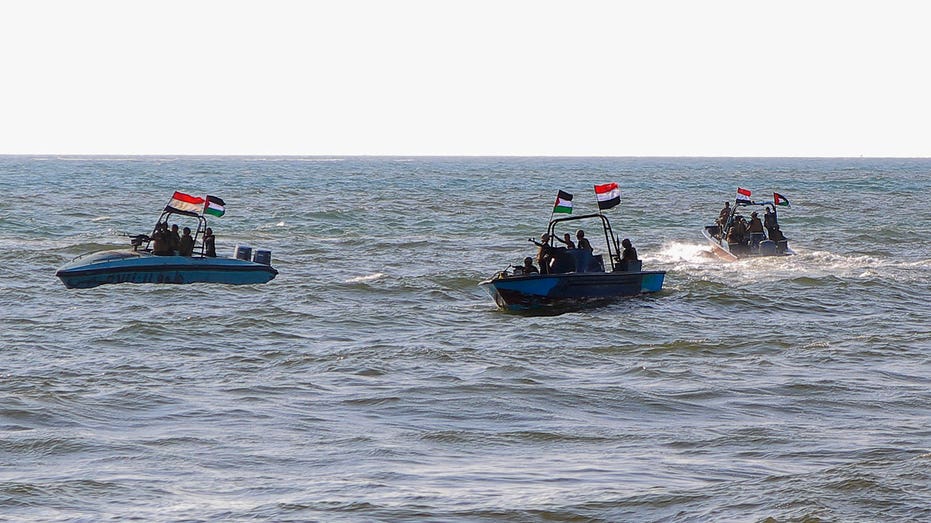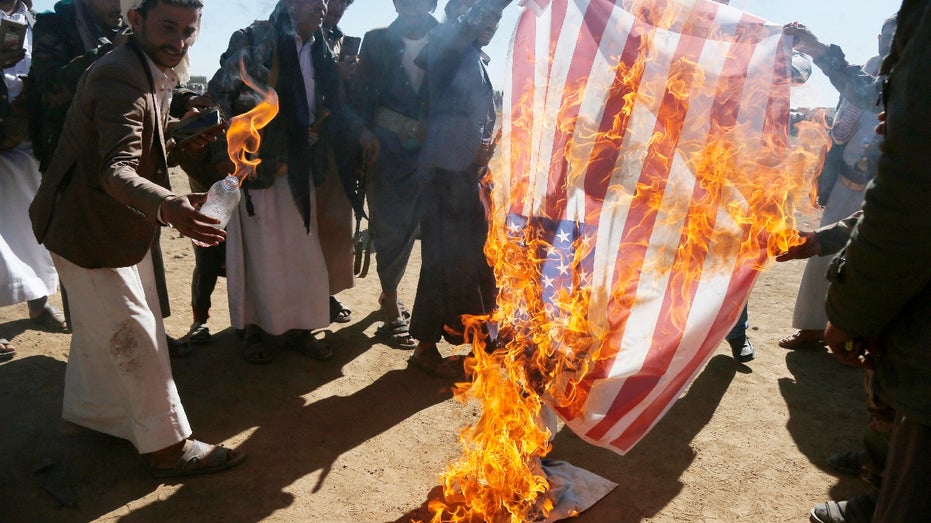Violent Mexican drug gang's high ranking members sanctioned by Trump
The Trump administration sanctioned two high-ranking members of the Cartel del Noreste Wednesday — one of the most violent drug-trafficking organizations in Mexico and a U.S.-designated foreign terrorist organization, Fox News Digital has learned.
The Treasury Department’s Office of Foreign Assets Control sanctioned the two leaders of the organizations, formerly known as Los Zetas. Officials said the gang exerts "significant influence over the border region," especially near the Laredo, Texas point of entry.
DOJ INDICTS ALLEGED HIGH-RANKING TREN DE ARAGUA MEMBER ON TERRORISM CHARGES FOR THE FIRST TIME
The first individual sanctioned was Miguel Angel de Anda Ledzema, a high-ranking member of Cartel del Noreste who oversees the procurement of guns and ammunition for the group. According to the Treasury Department, he has overseen payments to facilitators and straw purchasers in the United States and organized the delivery of firearms to Nuevo Laredo, Mexico — straw purchasers who made false representations to secure firearms from American businesses, who officials say "fell victim to the cartel's lies."
The Treasury Department said that one of the weapons purchased in this arms trafficking conspiracy was recovered after Cartel del Noreste attacked Mexico’s army during a patrol in March 2024.
The second individual sanctioned was Ricardo Gonzalez Sauceda, who was known as the second-in-command of Cartel del Noreste before his February arrest by Mexican authorities.
The Treasury Department said he led an armed enforcement wing of the organization. He had been arrested in connection with attacks on the Mexican military and Mexican police.
At the time of his arrest, he was in possession of a rifle, a handgun, 300 grams of methamphetamine and a package of 1,500 fentanyl pills.
Officials said the new sanctions underscore the Trump administration’s commitment to targeting Cartel del Noreste and other violent cartels involved in drug trafficking, human trafficking, arms trafficking and other heinous crimes endangering the American people.
"In working toward the total elimination of cartels to Make America Safe Again, the Trump Administration will hold these terrorists accountable for their criminal activities and abhorrent acts of violence," Treasury Secretary Scott Bessent said Wednesday. Cartel del Noreste "and its leaders have carried out a violent campaign of intimidation, kidnapping, and terrorism, threatening communities on both sides of our southern border."
Bessent added, "We will continue to cut off the cartels’ ability to obtain the drugs, money, and guns that enable their violent activities."
The new sanctions were imposed in coordination with Homeland Security Investigations, the Bureau of Alcohol, Tobacco, Firearms and Explosives and the Drug Enforcement Administration.
Officials said the action was also closely coordinated with Mexico’s Financial Intelligence Unit.
President of the National Border Patrol Council Paul Perez told Fox News Digital that President Donald Trump’s actions against cartels "fulfills the promise that he made when he stated time and time again that he would not allow the cartels to operate with impunity on our borders or within the interior of the United States."
"These actions deal a significant blow and serves to send the message to all cartels, as well as to those who wish to do harm to Americans, that President Trump will not just talk about it, he will follow through," Perez said. "The amount of drugs, weapons and other contraband, to include the smuggling and trafficking of persons into and throughout the United States, created chaos and terror that the actions of the Trump administration is bringing to an end."
"We fully and without hesitation support the actions taken by President Trump and his administration to take on the cartels," Perez added.
The actions come after Trump directed cartels to be designated as foreign terrorist organizations.
In April, the Justice Department hit a high-ranking member of Tren de Aragua on terrorism and international drug distribution charges — the first time the U.S. government has used terrorism charges to prosecute a member of the violent gang.

